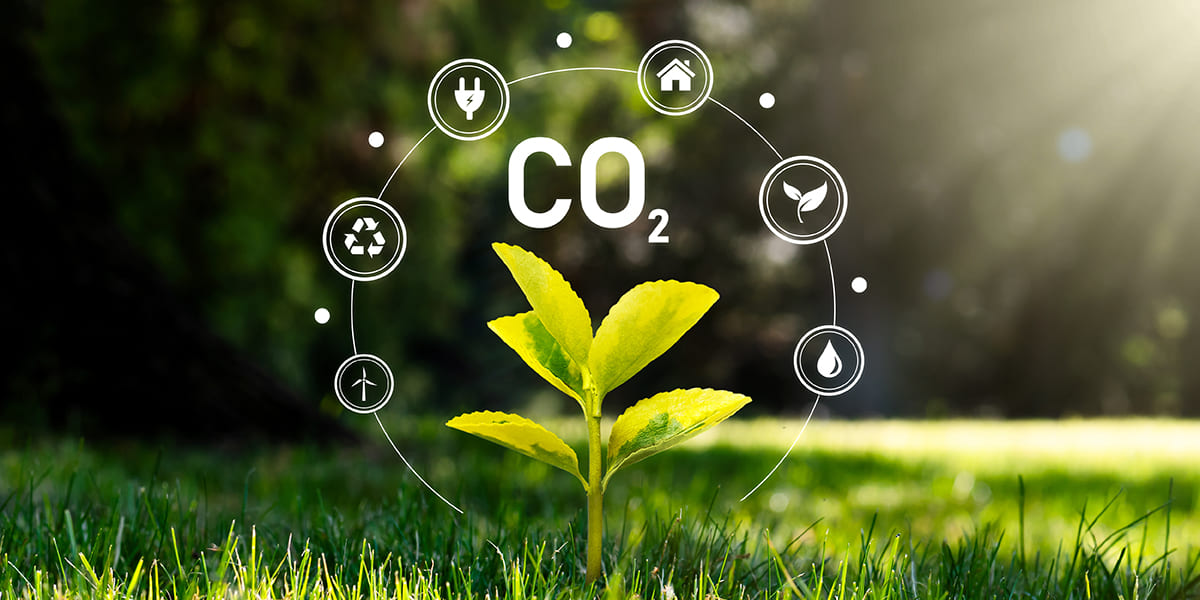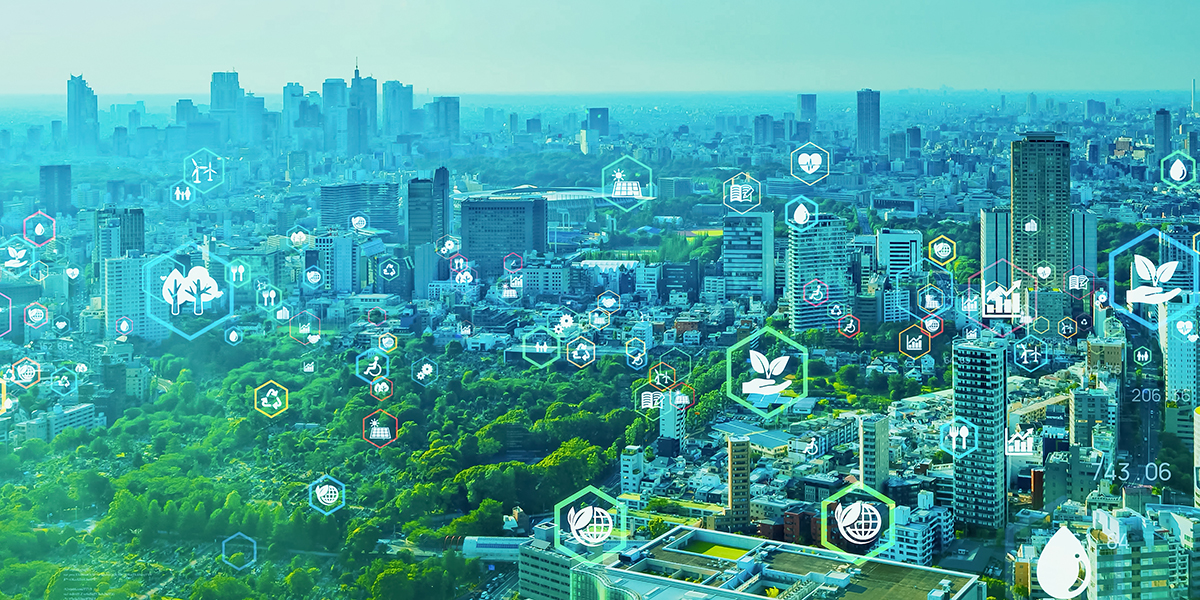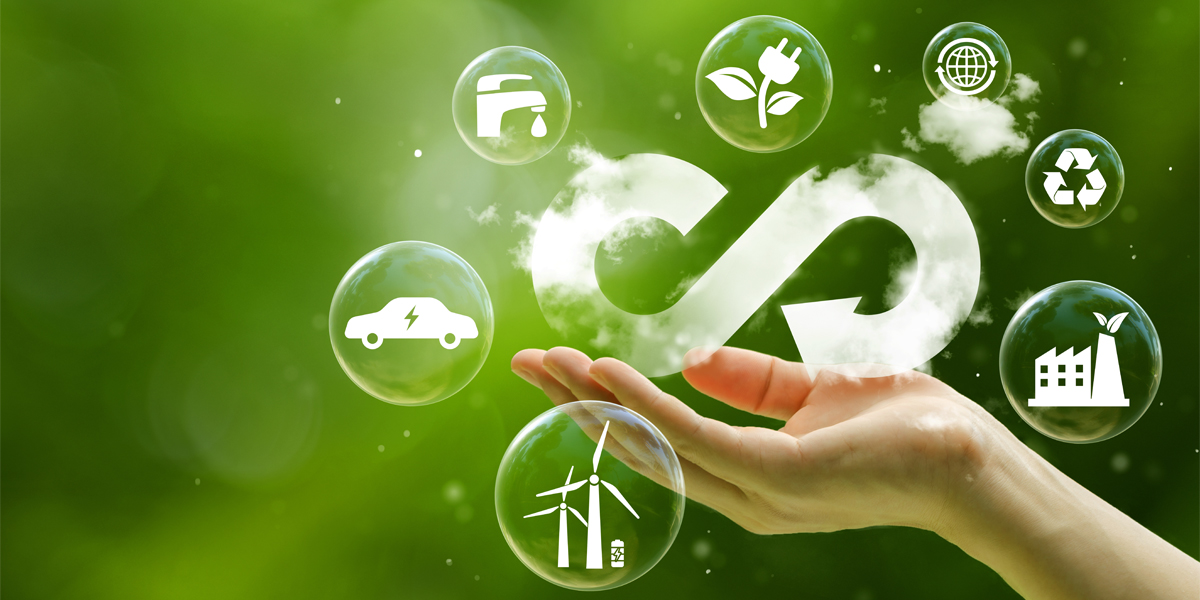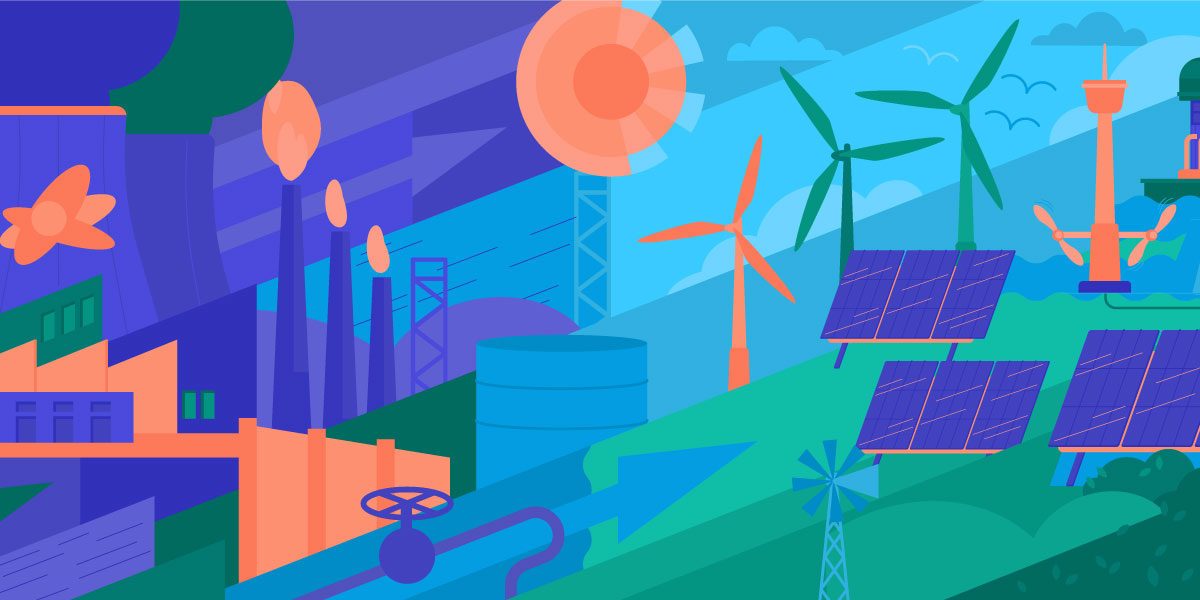Renewable energy is defined as a type of energy that utilizes sustainable natural resources to produce energy that will not be depleted. For an energy source to be considered "renewable," it must be capable of being used repeatedly.
These energy sources are derived from nature, and the replenishment process of these sources occurs faster than their consumption. Therefore, renewable energy sources emerge as more sustainable and cleaner alternatives compared to limited and polluting energy sources such as fossil fuels.
What is a Renewable Energy Source?
A renewable energy source signifies energy sources that can be continuously obtained from nature. These sources are so vast that they are inexhaustible due to human activities and can theoretically be used indefinitely.
Various options fall under renewable energy sources, including solar energy, wind energy, hydroelectric energy, biomass energy, and geothermal energy. These sources have the potential to provide energy in various sectors such as electricity production, heating, cooling, transportation, and industrial processes, minimizing environmental impact and greenhouse gas emissions.
These sources are more environmentally friendly and help reduce greenhouse gas emissions compared to energy production based on fossil fuels. Therefore, renewable energy sources take a significant and necessary place as an alternative in the energy sector.
Where is Renewable Energy Used?
Renewable energy sources are prevalent in various fields worldwide.
Electricity Production: Renewable energy sources are widely used in electricity production. Solar panels, wind turbines, and hydroelectric power plants are technologies frequently employed to provide clean electrical energy. Especially in recent years, solar energy and wind energy capacities have been rapidly increasing. For instance, countries like Germany and Denmark meet a significant portion of their electricity demand from renewable energy sources.
Heating and Cooling: Geothermal energy is utilized in building heating and cooling systems, contributing to energy conservation. Particularly in countries like Iceland, where hot water from underground sources is widely used in geothermal-powered heating systems.
Transportation: Renewable energy sources are increasingly used in the transportation sector. Innovative technologies such as electric vehicles, solar-powered trains, and hydrogen fuel cell vehicles continue to be developed, replacing fossil fuels. For example, electric vehicles are widely used in countries like Norway, and the charging infrastructure relies heavily on renewable energy.
The use of renewable energy sources in such diverse areas contributes to solving critical global issues such as environmental sustainability, energy security, and climate change.
Borusan Cat and Renewable Energy
At Borusan Cat, we focus on sustainability in waste management, technology usage, and workforce areas within the framework of the United Nations "17 Sustainable Development Goals." In this context, we place significant importance on the field of renewable energy. We develop projects prioritizing savings and extending the lifespan of equipment.
Solar energy systems are one of the renewable energy solutions we offer to our customers. We also emphasize the production of energy from renewable sources in our facilities and utilize renewable energy sources in our own facilities, such as installing solar panels on the roof of our facility in Adana, where we successfully meet a significant portion of the facility's energy needs. According to our calculations, the payback period for this solar energy system was determined to be 2 years. For a system with a guaranteed lifespan of 25 years, a 2-year payback period is highly advantageous. Thus, it is possible to both transition to renewable energy sources and turn this into a cost advantage within a few years.
We ensure the recycling of waste generated in our revision centers and strive to reduce the use of water and energy. Our Build Exchange Business Model allows us to receive faulty or damaged equipment and parts from our customers, repair them in our revision centers, and prepare them for reuse as second-hand parts. This way, we save raw materials and energy needed for the production of new parts. Thanks to our Build Exchange Business Model, in 2022, we prevented the formation of 6,500 tons of waste and ensured its reuse, and we are confident in increasing this amount.
Another action we have taken towards renewable sources and sustainability is the implementation of trials using composite pallets made from recycled materials at our Ankara facility. We have started using composite pallets made from natural materials such as recycled corn cobs and sawdust instead of wooden pallets used for product storage. We continue experiments to transition from wooden pallets to composite pallets.
Our artificial intelligence application "Muneccim", which predicts possible equipment failures for our customers, ensures necessary actions are taken before major breakdowns occur, significantly reducing maintenance and repair costs. It also extends the lifespan of equipment, ensuring sustainable use and environmental benefit.
With our business model and the advantage of predicting breakdowns before they occur, from 2020 to the end of 2022, we contributed to sales of 6.75 million euros in Turkey and prevented the formation of more than 25 tons of waste, and we expect this number to increase further. We continue to consider environmental benefits in our sustainable business models.
We always keep in mind the importance of conscious management of energy resources for our planet. Following our company’s purpose statement "We Create Solutions for a Better World", we move forward confidently into the future.







TheBClog consists of rich content prepared by all Borusan Cat members on topics such as sustainability, productivity, future, technology, and the business world. The stories of success shared by the Borusan Cat members meet with the world at TheBClog in Turkish, English and Russian.